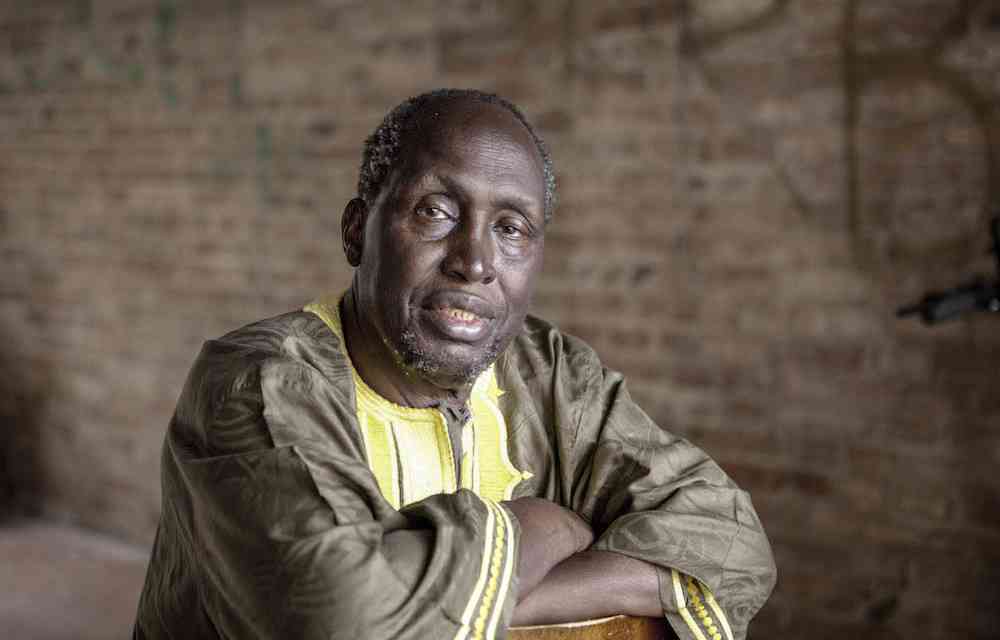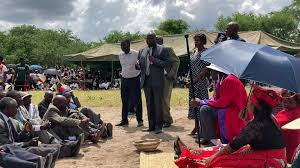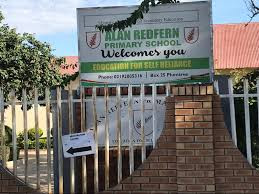
For too long, Africa’s classrooms have echoed with borrowed voices.
Our children grow up reciting poems about snow while never writing about the sun that rises over their own villages.
We have studied foreign histories so deeply that we forget to honor our own.
The time has come to reclaim the chalkboard and rewrite what it truly means to be educated in Africa.
Education, at its best, should set minds free.
Yet in many African countries, it still functions as a cage built by colonial inheritance.
We are taught to remember, not to imagine.
To follow, not to lead. To seek approval from elsewhere instead of confidence from within.
- Open letter to President Mnangagwa
- Feature: ‘It’s worse right now than under Mugabe’: Sikhala pays the price of opposition in solitary cell
- Masvingo turns down fire tender deal
- Human-wildlife conflict drive African wild dogs to extinction
Keep Reading
If education does not teach us to think independently and solve our own problems, then it is not education; it is indoctrination dressed in uniform.
Reclaiming the African mind begins with reclaiming our languages.
Language is the heartbeat of culture and the mirror of thought.
When a child learns in their mother tongue, they do not just understand better — they feel seen.
They connect more deeply with their roots, their community, and their sense of self.
Yet across the continent, we still treat our own languages as inferior, while glorifying foreign ones. Ngugi wa Thiong’o once said, “If you know all the languages of the world but not your mother tongue, that is enslavement.”
Those words ring truer today than ever.
Decolonising education also means rediscovering the wisdom of our ancestors.
Africa’s indigenous knowledge systems are not relics of the past; they are blueprints for a sustainable future.
From herbal medicine to architecture that breathes with the earth, our ancestors practiced science long before it was named in Latin.
Imagine blending that wisdom with the power of modern technology — artificial intelligence that archives oral histories, or data systems that preserve traditional farming methods for future generations.
The Fourth Industrial Revolution should not erase who we are; it should amplify it.
But to do that, we must also shift the purpose of learning.
Education in Africa should not only prepare people to find jobs; it should prepare them to create them.
Every time we export raw minerals and import finished products, we export opportunity and import dependence. Our schools should train builders, inventors, and entrepreneurs who understand that Africa’s wealth is not just in its soil but in its people.
We also need to restore dignity to technical and vocational skills. The colonial mindset made young Africans believe that intelligence only lives behind a desk, yet the hands that build, repair, and create are just as vital.
A mechanic who designs new machinery, a farmer who innovates sustainable irrigation, a tailor who turns fabric into fashion, they are all educators of progress in their own right.
Our universities, too, must break free from academic dependency.
We cannot continue quoting Western scholars to explain African realities.
We must write our own theories, fund our own research, and tell our own stories.
Let our books reflect our lived experiences, our music, our climate, our spirit. Education should speak to the streets of Harare as much as it speaks to the halls of Harvard.
This fight for intellectual independence must also be continental.
It cannot stop at Zimbabwe’s borders or any other.
Africa needs a united vision for education, one that promotes mobility, creativity, and collaboration among nations.
If we are to rise, we must rise together.
At its heart, decolonising education is about more than curriculum reform.
It is about healing from centuries of mental displacement.
It is about replacing dependency with dignity.
It is about reminding ourselves and our children that knowledge did not begin with colonisation and will not end with globalization.
To reclaim the chalkboard is to reclaim the soul of Africa’s future.
It is to teach not only how to pass exams, but how to build nations.
It is to make education an act of liberation, not imitation.
Because the day we teach our children to believe in their own minds is the day Africa truly becomes free.










